When it comes to the crown of beauty, nothing beats a gorgeous head of hair. For women, hair isn’t just about style; it’s a statement of health and vitality.
Unfortunately, many women find themselves grappling with the distressing reality of hair loss.
In this comprehensive guide, we’ll explore the various causes of women’s hair loss and equip you with practical solutions to restore and maintain those luscious locks.
The Silent Struggle: Women’s Hair Loss Unveiled
Hair loss is more common than you might think.
Whether you’ve noticed a few extra strands in the shower drain or you’re dealing with a more significant concern, understanding the root causes is the first step toward a solution.
Key Culprits of Women’s Hair Loss: Unveiling the Mystery
1. Hormonal Havoc: The Role of Hormones in Hair Health
Hormones play a crucial role in a woman’s life, affecting everything from mood to metabolism.
It’s no surprise that they also influence the health of your hair. Hormonal imbalances, often stemming from pregnancy, childbirth, or menopause, can trigger hair loss.
High levels of androgens, a type of male hormone, can also wreak havoc on hair follicles, leading to thinning and balding.
2. The Genetics Game: Is Hair Loss Inherited?
While we can blame our parents for many things, genetics also plays a significant role in hair loss.
If your family tree has a history of female-pattern baldness, it could be a contributing factor.
Understanding your genetic predisposition can help you take proactive measures to counteract potential hair loss.
3. Stress and Strands: The Psychological Connection
It’s not just an old wives’ tale – stress can indeed make your hair fall out.
Whether it’s due to a demanding job, personal loss, or other life pressures, excessive stress can push hair follicles into a resting phase, leading to shedding.
Managing stress through relaxation techniques and self-care is not only beneficial for your mental health but for your tresses as well.
4. Diet and Deficiency: The Impact of Nutrition on Hair Growth
Your diet is the fuel your body uses to function, and your hair is no exception.
A deficiency in essential nutrients, such as iron, zinc, and vitamins, can contribute to hair loss.
A well-balanced diet that includes a variety of nutrients is key to maintaining a healthy mane.
5. Tress Troubles: Overstyling and Hair Care Habits
That perfect hairstyle might be taking a toll on your locks.
Excessive use of styling tools, tight hairstyles, and harsh chemical treatments can damage hair and contribute to hair loss.
Embracing a gentler approach to styling and opting for natural, nourishing products can make a significant difference.
It is one of a kind!
The Road to Recovery: Nurturing Your Hair Back to Health
Now that we’ve unraveled the mysteries behind women’s hair loss, let’s delve into practical steps to nurture your hair back to health.
Incorporating these simple habits into your routine can make a world of difference.
Reviving Your Mane: Effective Solutions for Women’s Hair Loss
1. The Magic of Massage: Stimulating Hair Growth Naturally
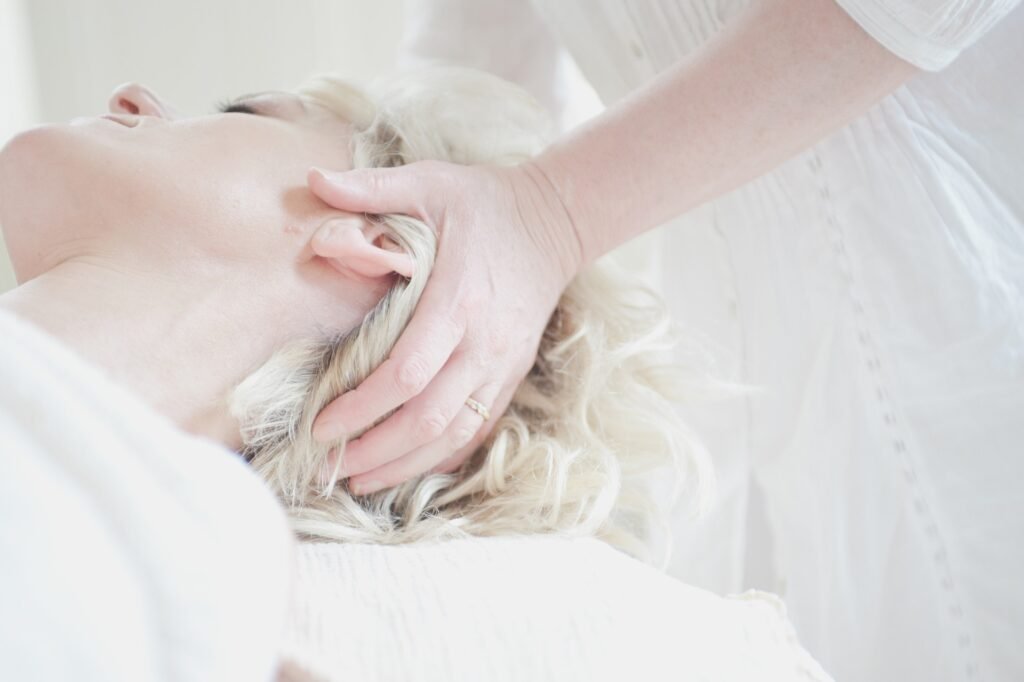
Imagine a spa day for your scalp!
Massaging your scalp with nourishing oils and masks can stimulate blood flow and improve hair thickness.
A 2019 study revealed that regular scalp massages not only enhanced hair growth but also promoted overall scalp health.
Take a few minutes each day, using your fingertips in circular motions for a relaxing and rejuvenating experience.
2. Aloe Vera Elixir: Nature’s Solution for Hair Woes
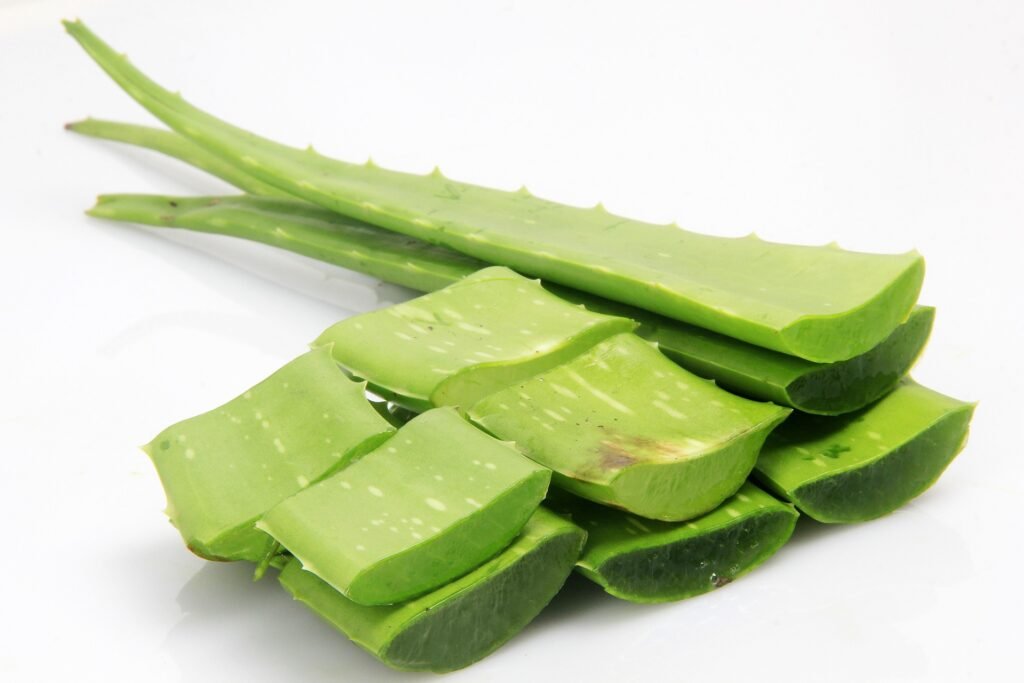
Aloe vera isn’t just for sunburns; it’s a natural ally in the battle against hair loss.
While scientific evidence is still emerging, anecdotal reports suggest that aloe vera can soothe the scalp, condition hair, reduce dandruff, and unblock hair follicles.
Apply pure aloe vera gel to your scalp a few times a week or opt for aloe vera-infused shampoos and conditioners.
3. Coconut Craze: Nourishing Your Tresses from Root to Tip
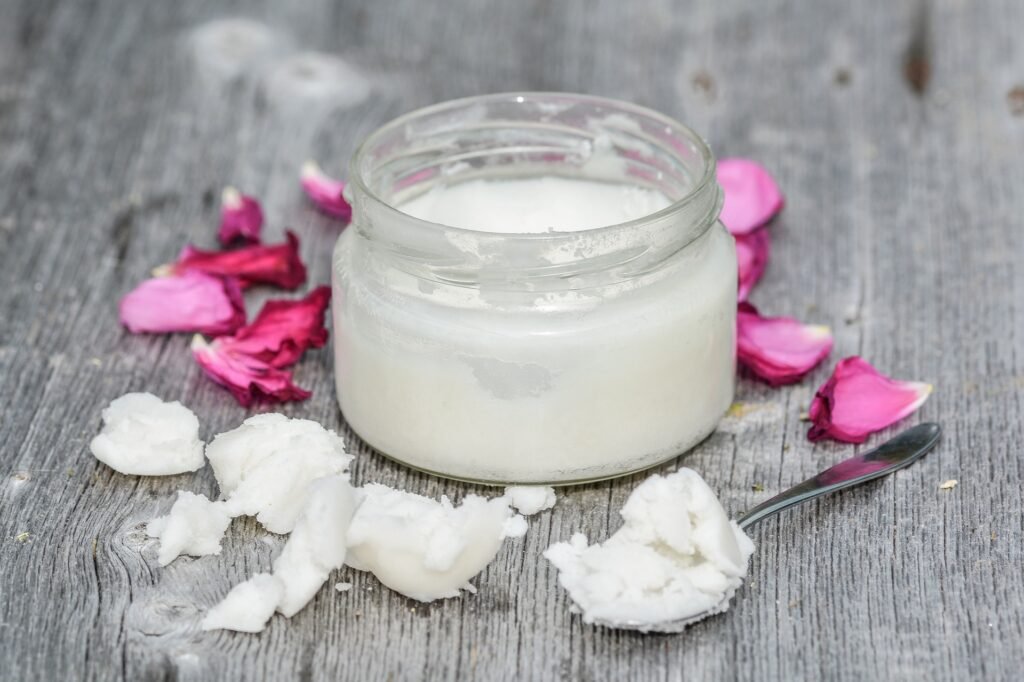
Enter the tropical wonder – coconut oil.
Packed with lauric acid, coconut oil penetrates the hair shaft, reducing protein loss and promoting overall hair health.
A 2021 study even highlighted its potential to enrich the scalp’s microbiome, fostering a healthier environment for hair follicles.
Whether used as a leave-in treatment or massaged into the scalp, coconut oil is a go-to solution for many.
4. Viviscal Vitality: A Natural Boost for Thinning Hair
For those seeking a comprehensive approach, Viviscal offers a natural hair growth supplement.
With a blend of shark and mollusk powder, organic silica, vitamin C, biotin, and zinc, Viviscal aims to regenerate and strengthen hair cells.
Patience is key – results typically manifest after at least six months of consistent use.
Pairing the supplement with Viviscal’s shampoo and conditioner can enhance the revitalization process.
5. Omega-3 Wonders: Fish Oil for Hair Density and Health
Unlock the benefits of omega-3 fatty acids with fish oil supplements.
A 2015 study demonstrated that omega supplements, combined with antioxidants, improved hair density, diameter, and reduced hair loss.
Beyond hair health, omega-3 fatty acids boast anti-inflammatory properties, potentially influencing the hair growth cycle and overall well-being.
Consult a healthcare professional to determine the right dosage for you.
6. Ginseng Galore: Energizing Hair Follicles
Enter the world of herbal remedies with ginseng supplements.
Known for stimulating hair follicles, ginsenosides, the active components of ginseng, are believed to contribute to its positive effects on hair.
As with any supplement, adhere to recommended dosages and be vigilant for potential side effects.
While exploring natural options, ginseng could be your herbal ally in promoting hair growth.
7. Onion Juice Marvel: A Pungent Solution for Patchy Hair Loss
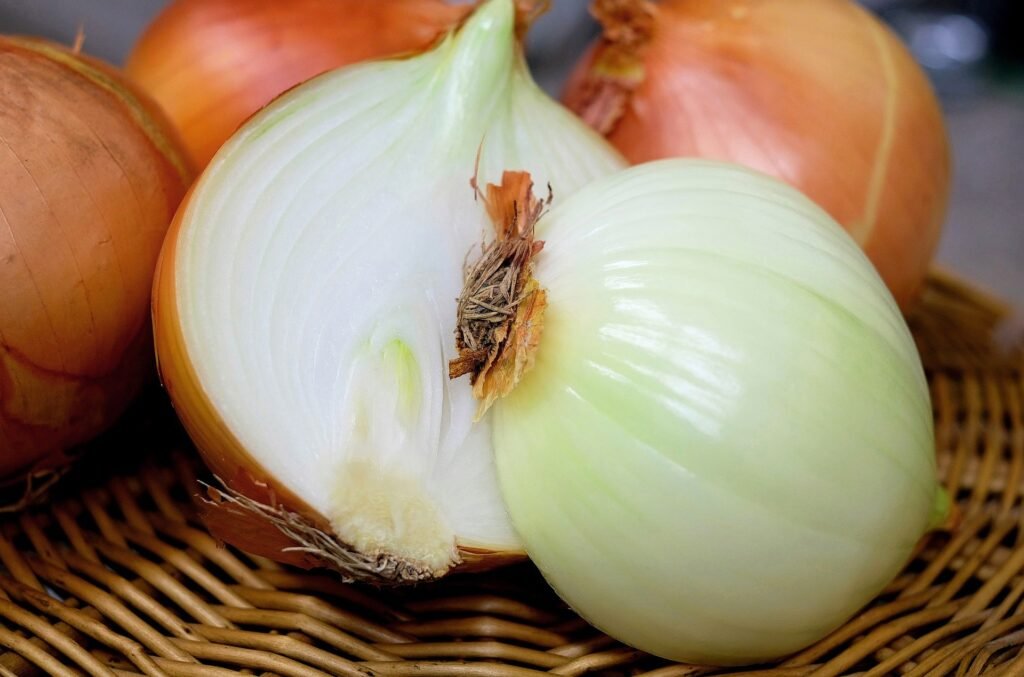
The pungent remedy that might surprise you – onion juice!
A 2014 study found that onion juice could promote hair growth and address patchy alopecia areata, an autoimmune condition causing hair loss.
Additionally, onion juice is believed to enhance circulation, crucial for hair follicle development and growth.
To embrace this unconventional remedy, blend onions, extract the juice, apply to your scalp for 15 minutes, and follow up with a thorough shampoo.
8. Rosemary Renaissance: An Aromatic Approach to Hair Care
Delight your senses with rosemary oil, a potential stimulant for new hair growth and prevention of hair loss.
A 2020 review suggested its efficacy, and a 2015 study even hinted at its comparable effectiveness to minoxidil for treating androgenetic alopecia.
Mix a few drops of rosemary oil with a carrier oil, massage into your hair and scalp, or add it to your daily shampoo and conditioner routine.
Aromatic and beneficial – a win-win!
9. Geranium Growth: Floral Delight for Your Hair
Unleash the power of geranium oil, extracted from the fragrant Pelargonium graveolens plant.
A 2017 animal study found that geranium oil not only promoted hair growth but also boosted circulation.
Blend three drops of geranium essential oil with a carrier oil, apply it directly to your hair, or add a few drops to your shampoo and conditioner.
An aromatic addition to your hair care routine with potential growth benefits.
10. Lemon Zest: A Citrusy Boost for Your Scalp
Embrace the zesty solution – lemon oil.
A 2016 animal study and a 2021 review suggested that lemon oil, particularly sinapic acid found in lemons, may maintain a healthy scalp and encourage hair growth.
Apply fresh lemon juice to your scalp 15 minutes before shampooing or use lemon essential oil diluted in a carrier oil as part of a hair mask.
Citrusy freshness with potential hair-boosting effects.
Conclusion: Nurturing Your Locks Naturally

In the pursuit of healthy and luscious locks, understanding the causes of women’s hair loss and discovering effective treatments is crucial.
The journey to reclaiming vibrant hair involves a multifaceted approach, combining lifestyle adjustments, proper hair care, and the integration of natural remedies.
To recap, various factors contribute to women’s hair loss, ranging from genetic predisposition and hormonal imbalances to stress, diet, and environmental influences.
Taking a holistic approach to address these factors is key to promoting overall hair health.
Incorporating essential practices into your hair care routine, such as gentle scalp massages and the use of nourishing oils like coconut, aloe vera, and essential oils, can stimulate hair growth and improve overall hair health.
These practices not only address external factors but also contribute to stress reduction, a significant player in hair loss.
Additionally, supplements like Viviscal, fish oil, and ginseng can provide the necessary nutrients to support hair growth and strengthen existing hair cells.
These natural alternatives offer a holistic way to nurture your hair from within.
Embracing unconventional yet promising treatments, such as onion juice and rosemary oil, adds a creative dimension to your hair care journey.
These remedies, backed by studies, showcase the potential of natural elements in fostering hair growth and preventing further loss.
Finally, the aromatic additions of geranium and lemon oils bring a delightful and potentially beneficial aspect to your hair care routine.
These oils, known for promoting circulation and maintaining a healthy scalp, offer a sensory experience along with potential growth benefits.
Interesting Fact: Hair Drug Test
Did you know that your hair can reveal signs of drug use?
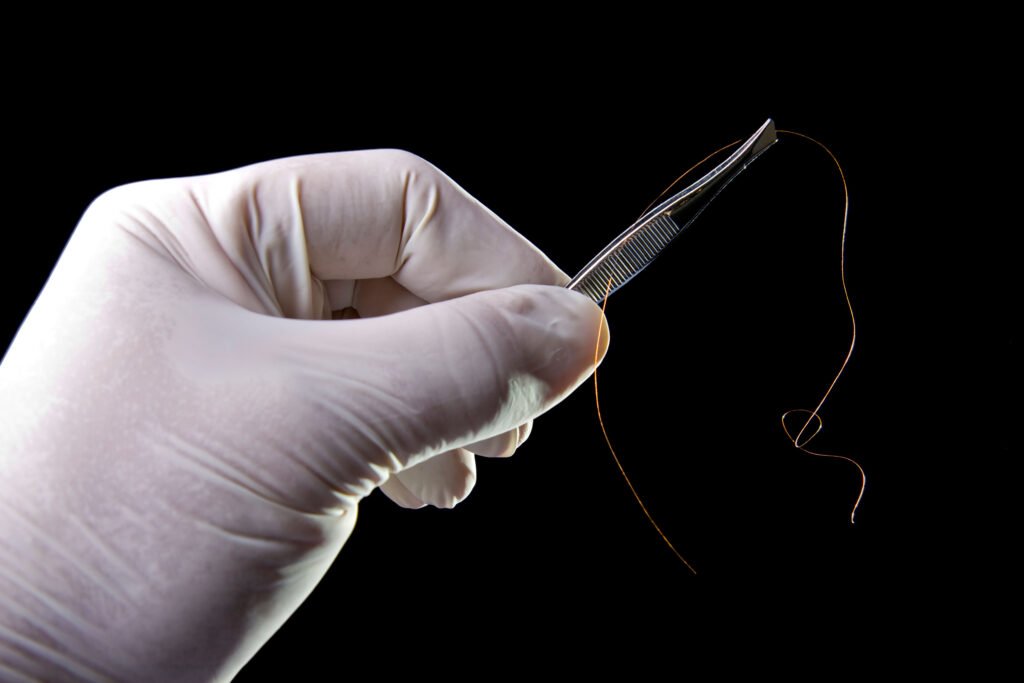
TIMOTHY EVANS/ALAMY STOCK PHOTO
Hair testing, a method used in forensic investigations, workplace drug testing, and drug treatment programs, analyzes a small sample of hair to detect drugs or their metabolites.
Unlike urine or blood tests, hair testing can unveil drug use over an extended period, providing a window of detection of up to 90 days.
This method screens for various substances, including amphetamines, marijuana, cocaine, opioids, and more.
The accuracy of hair testing is maintained through a meticulous process, involving two tests, ELISA and GC/MS, to confirm results and identify specific drugs.
While a hair drug test may cost more than a urine test, its unique capability to reveal a longer history of drug use sets it apart.
So, the next time you think about getting a haircut, remember that your strands might have more to say than just your style preferences!
Key Takeaways:
Holistic Approach: Addressing the diverse causes of hair loss requires a holistic approach that encompasses lifestyle, nutrition, and proper hair care practices.
Natural Remedies: Incorporating natural remedies, such as scalp massages, essential oils, and herbal supplements, can contribute to healthier and fuller hair.
Consistency is Key: Whether it’s massaging your scalp, using coconut oil, or trying herbal supplements, consistency in your hair care routine is essential to see noticeable results.
Consultation with Professionals: If hair loss persists or is accompanied by other symptoms, seeking advice from healthcare professionals is crucial. Specially formulated products or medical interventions may be recommended based on the underlying cause.
Remember, nurturing your hair is a journey, and the key is to enjoy the process while adopting practices that contribute to both the health and beauty of your locks.
Here’s to healthy, vibrant, and beautiful hair!